I seek this thing called wildness. I crave it, I move toward it in body, song and thought. I exalt it even as I huddle in my toasty little log cabin, safe from the elements, the fridge humming obtrusively full of food I did not gather (minus a few wilted mushrooms awaiting identification), the computer screen glowing. I note my inconsistencies with amusement and a shrug, and still sneak down to the river on a gray autumn morning to feel the cold water light up my skin and ignite my senses, my belly full of imported coffee and boxed cream.
In coming here, to this place that is wild and not wild (that is hundreds of miles away from the crash and bustle of the big city, where I can still update Facebook from one corner of my living room with a boosted cell signal), in bringing my animal friends and setting them as free as I dare, in watching all of us soften and harden at the same time as we gradually sink into the land, I find my relationship to wildness grow ever more complicated.
In strictly technical terms, hardly anything is wild anymore. We humans have left our mark everywhere, changing landscapes and ecosystems dramatically. Even wild horses are no longer wild; most are classified as feral, and nearly all are managed, their ranges confined by human activity and their movements monitored, altered, influenced. Family groups are culled, castrated, supplemented, separated, and their ability to be truly self-determined is obliterated. And yet. Those of us looking can still identify the wildness in a soul, in a rescued range horse or an untouched colt, in their breathtaking sensitivity and a different sort of intelligence.
Where I live now, colonial human impact is all around: the scars of logging, oil and gas and mineral extraction are everywhere, the desperate resistance to energy projects conflicting with the desperate need for money and jobs. The more something has, the more that can be taken from it. And yet. You’d be hard pressed to find a more pristine place – the rivers still swell with fish, the bears still wander by, the berries still pop sour and luscious between your teeth and the true abundance of the wild persists.
Meanwhile, my horses, who were in large part the impetus for this project, are of course products of domestication and selective breeding. They’ve grown up in artificial herds with artificial shelter, processed foods and experiences limited to short fence lines (as have I, as have we all). And for me to just let them go and say “there, be wild” – well that would be as cruel as it is idealistic, wouldn’t it? There is a reason we have tamed ourselves and our companions. Wild isn’t comfortable. Wild is full of danger, the unknown, inconvenience, tragic missteps. Wild is subject to the uncaring hand of fate, weather, and starvation. A wild life can be nasty, brutish and short, and we’ve come to abhor such qualities as the illusion of our ability to avoid them has grown.
And yet, and yet. As creatures my horses seem to retain far more of their innate wildness than we do, and as their range gets larger and they have no reliance on me for their daily sustenance, I only see them looking happier, healthier, more whole. Dreadlocked by burs and scarred by flies, they canter up with bright eyes and stout haunches and glimmering pelts. And their vibrancy calls to me and my once-wild genes, this idea that we are born of this earth and will be cared for by her so long as we can remember how to be in our animal bodies, even as we juggle the ever-increasing complexity of Being Human. Even as we destroy our postures and brain cells sitting in front of screens, or burn gallons of fossil fuels in a short day’s search for adventure and modest comforts.
Our bodies and hearts are forever wild animals, and the more we enclose them, the more frantic and rebellious they become. Our obsession with control has created smaller and smaller spaces for everything we affect – but most of all for ourselves. Like a horse in a stall, like a bird in a cage, we bow to our confines or we go mad. We become obedient and still or we rail against and suffer the consequences. We trade freedom for comfort and wildness for predictability, forgetting ourselves in the process.
When I speak, then, of rewilding, a term I shamelessly stole, I am not implying that I, my horses, or anyone else go back. There is nothing to go back to. There is no pure, empirically evident, singular state I can call Wild. What I speak of is both poetic and practical. Largely, I speak of letting go. Of control, of management, of ideals, of perceptions, of not fear, but of the fear of fear. Only then can you turn to meet the inevitable wildness that stalks you. Only by letting go, and being present, can you be ready for what is coming and the exhilaration that follows on its heels.
If you seek wildness as I do, then please have courage and persist in your intangible quest. Do not wait for the land or the relationship or the teacher or the time. Find the wild in all that you do – in the sinew and curve of your muscle as you stand waiting in line, in the change of the seasons, in the moment with a horse or a dog or a songbird when you forget, for an instant, who is who. Feed it, tend it (how contradictory to tend wildness – did I mention it’s a convoluted subject?), grow it, breathe life into it. Above all, believe it. Believe it when it tells you to move, to stop, to open your arms. Do not expect it always to be kind. Let it be what it is – wild, unnameable, elusive and fierce. Like my three behooved friends do, expand your range as slowly as you need to, bit by bit, until you realize there is nothing left to confine you, that you can do anything you want to today. That you have every right to be here, wherever here is, in all of your mess and glory.
I leave you with a piece by Mary Oliver, sent to me by someone dear. It pried my heart open and soothed the raw edges and made me cry over and over again; I hope it does the same for some of you.
You do not have to be good.
You do not have to walk on your knees
for a hundred miles through the desert, repenting.
You only have to let the soft animal of your body
love what it loves.
Tell me about despair, yours, and I will tell you mine.
Meanwhile the world goes on.
Meanwhile the sun and the clear pebbles of the rain are moving across the landscapes,
over the prairies and the deep trees,
the mountains and the rivers.
Meanwhile the wild geese, high in the clean blue air,
are heading home again.
Whoever you are, no matter how lonely,
the world offers itself to your imagination,
calls to you like the wild geese, harsh and exciting –
over and over announcing your place
in the family of things.
Click here for Part 6 in this series.
A barefoot hoof trimmer, a singer/songwriter, an amateur farmer – these are some of the hats Kesia Nagata wears when she’s not full to bursting with wondrous equine co-creation.

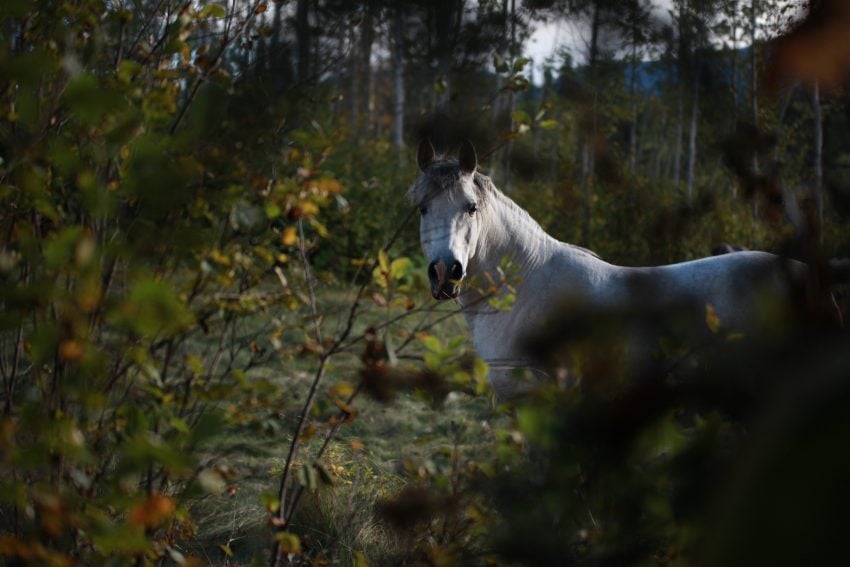
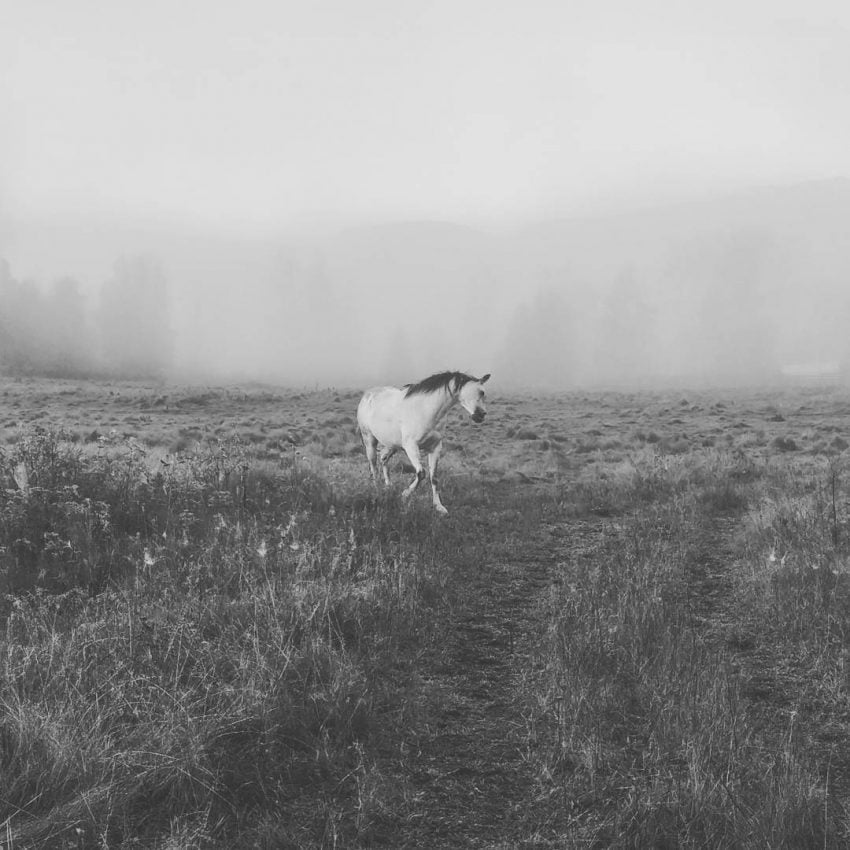
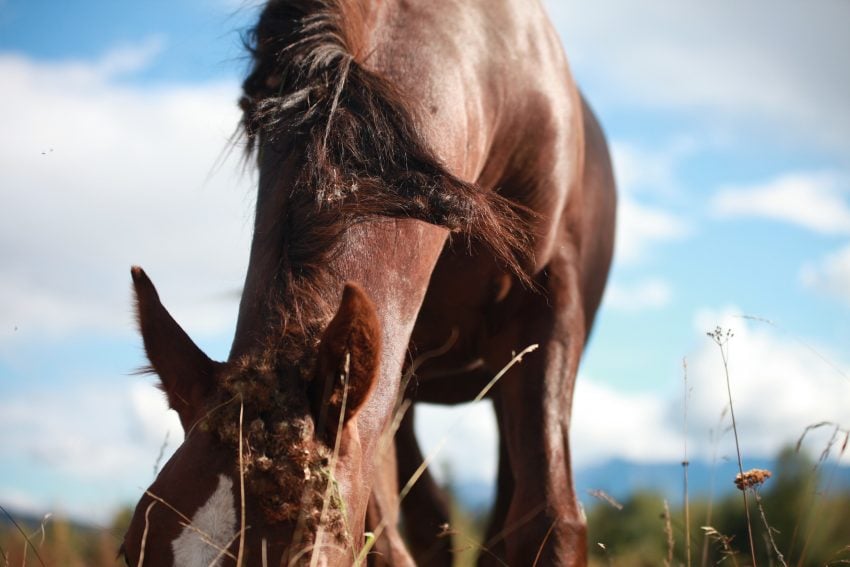

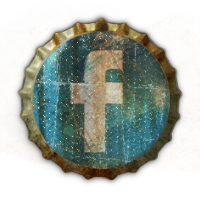
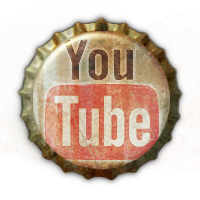


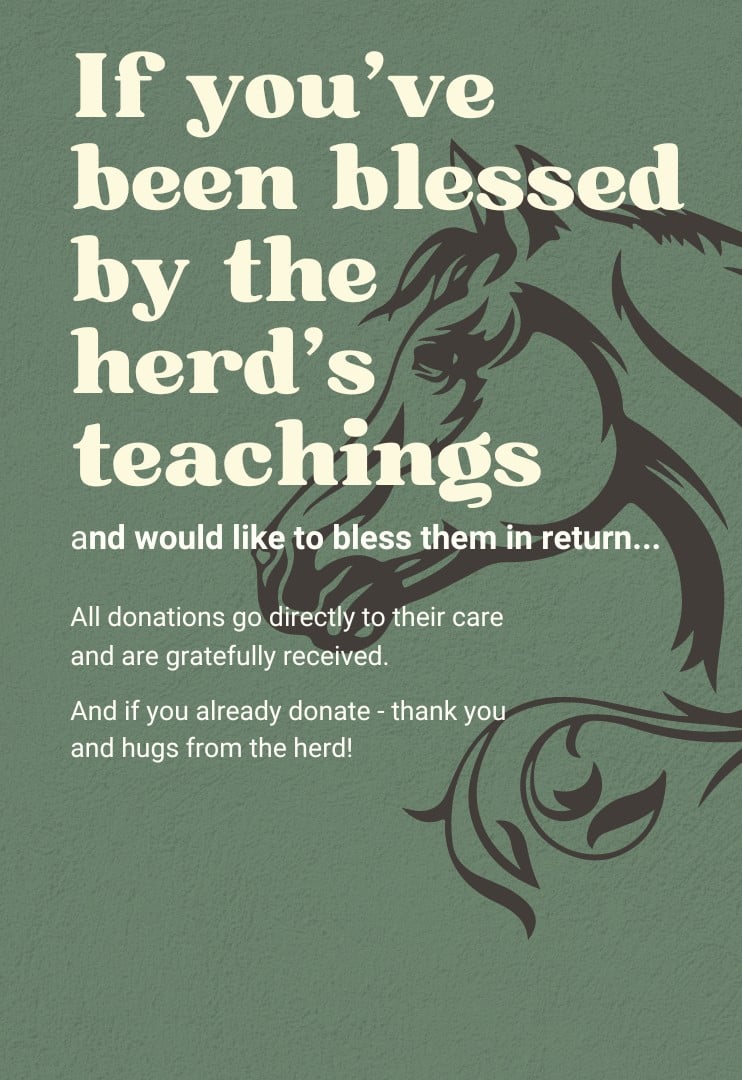
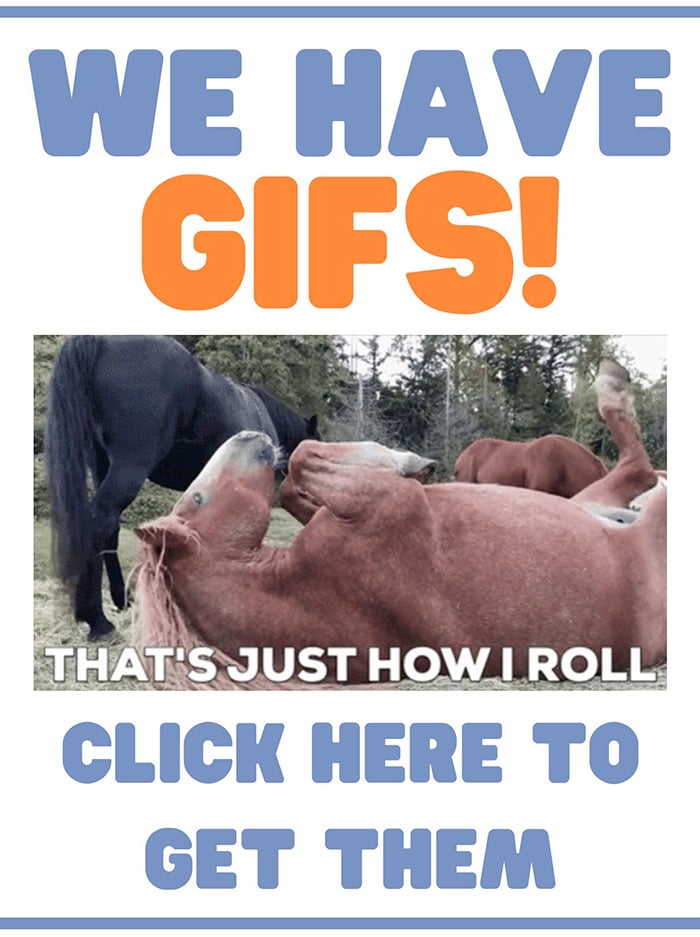
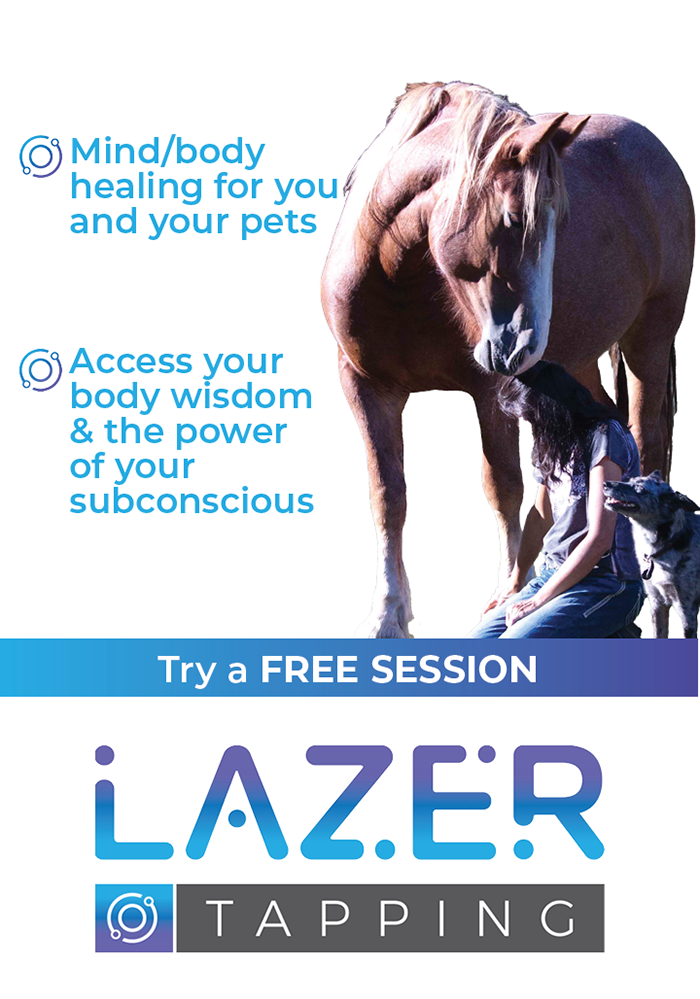
This is the truth of what really is..all else is chaos.
Most people would imagine what I propose to be closer to chaos…thank you, Esther, for seeing it the other way.
Brilliant! I feel this to my soul. It is why I call you Gypsy.
Thanks, darlin’.
Your words speak of the turbulence of my soul. And as my tears fall, I find solace that I am not alone. Blessings
Nope, you are definitely and completely not alone, Shelly! Love and good stuff to you as you make your way through this wild world…
I’ve read this post 4 times now. And shall be going on a Mary Oliver binge shortly. THANKS for being you and sharing your amazing voice with us o dear one. xo
Oh yes, and your photos in this post are particularly stunning.
This article spoke to my soul – thank-you
You are so welcome, Glenda. Thank you for saying so!